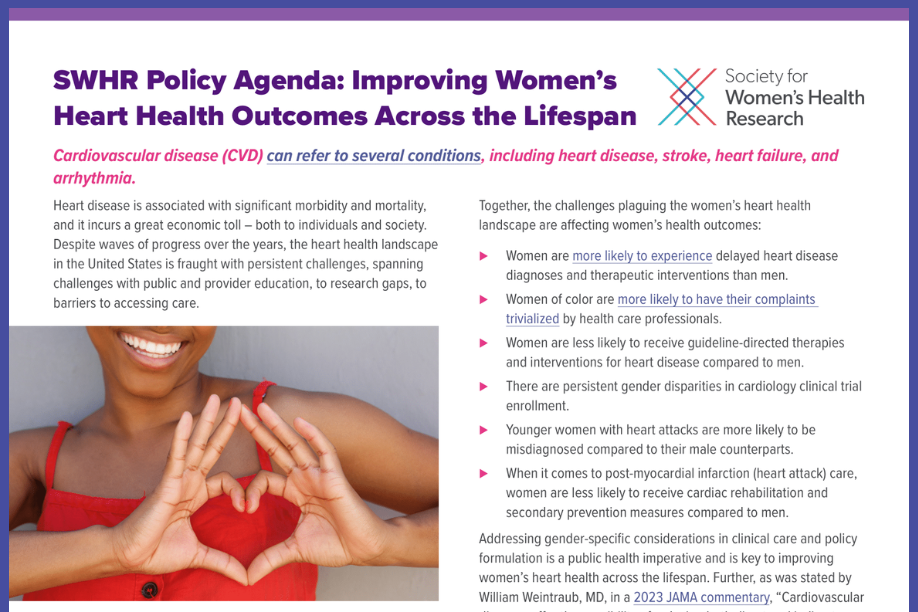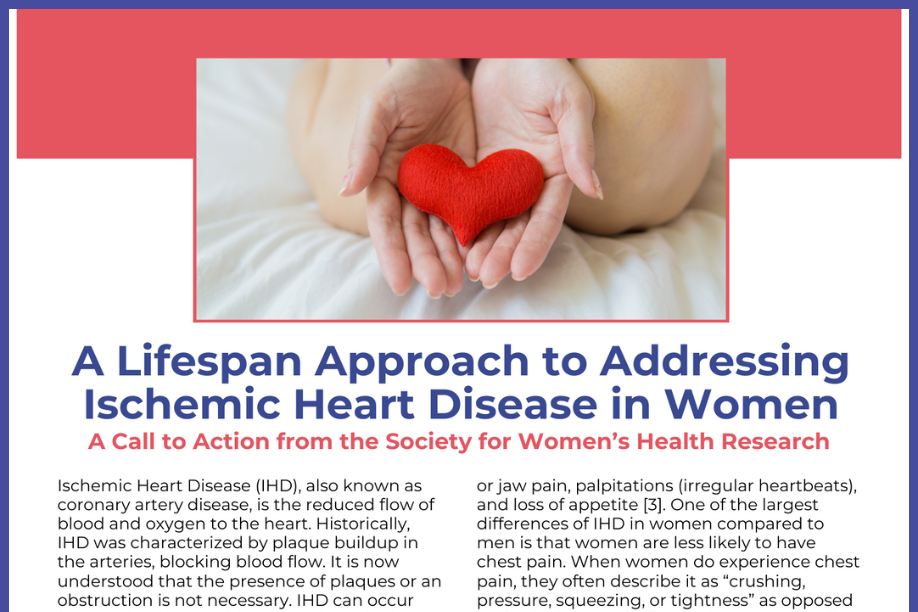
Lindsey Miltenberger, MA
Chief Advocacy Officer, Society for Women's Health Research
Miltenberger provides oversight of SWHR’s government relations, communications, and advocacy functions. A member of SWHR’s senior team, she is responsible for helping to drive SWHR’s policy agenda, build relationships with key stakeholders and policymakers, and guide activities to improve women’s health through science, policy, and education.
Previously, Miltenberger served as the assistant director of government affairs for the American Association for Dental Research (AADR), where she was responsible for developing and implementing AADR’s federal policy agenda, spanning federal budget and appropriations issues, international scientific collaboration, scientific workforce matters, and tobacco policy.
Prior to AADR, Miltenberger served as a senior manager for advocacy at AcademyHealth, where she supported efforts to raise the visibility and promote the value of health services and systems research.
Miltenberger received her master’s degree in global communication, with a concentration in public diplomacy, from The George Washington University. She received her ABJ in public relations and her BA in international affairs from the University of Georgia.








